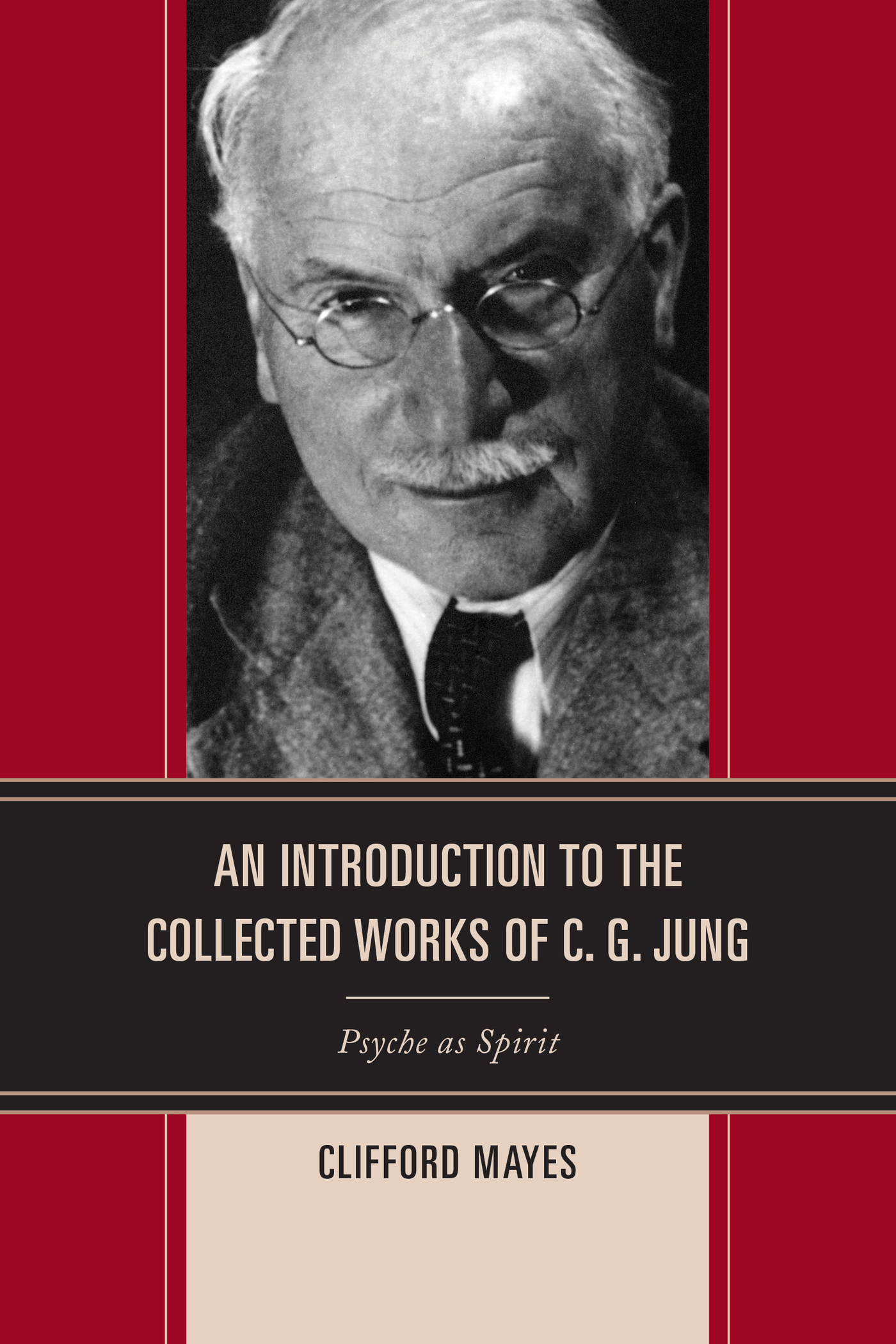An Introduction to the Collected Works of C. G. Jung
An Introduction to the Collected Works of C. G. Jung
Psyche as Spirit
Clifford Mayes
ROWMAN & LITTLEFIELD
Lanham Boulder New York London
Published by Rowman & Littlefield
A wholly owned subsidiary of
The Rowman & Littlefield Publishing Group, Inc.
4501 Forbes Boulevard, Suite 200, Lanham, Maryland 20706
www.rowman.com
Unit A, Whitacre Mews, 26-34 Stannary Street, London SE11 4AB,
United Kingdom
Copyright 2016 by Rowman & Littlefield
Material borrowed from The Collected Works of C. G. Jung by C. G. Jung and R. F. C. Hull, translator, copyright Princeton University Press and Taylor & Francis Books UK, is reprinted by permission.
All rights reserved. No part of this book may be reproduced in any form or by any electronic or mechanical means, including information storage and retrieval systems, without written permission from the publisher, except by a reviewer who may quote passages in a review.
British Library Cataloguing in Publication Information Available
Library of Congress Cataloging-in-Publication Data
Names: Mayes, Clifford, author.
Title: An introduction to the collected works of C.G. Jung : psyche as spirit / Clifford Mayes, Brigham Young University.
Description: Lanham : Rowman & Littlefield, [2017] | Includes bibliographical references and index.
Identifiers: LCCN 2016000796 (print) | LCCN 2016008725 (ebook) | ISBN 9781442262126 (cloth : alk. paper) | ISBN 9781442262133 (pbk. : alk. paper) | ISBN 9781442262140 (electronic)
Subjects: LCSH: Jung, C. G. (Carl Gustav), 1875-1961. | Jungian psychology.
Classification: LCC BF109.J8 M348 2017 (print) | LCC BF109.J8 (ebook) | DDC 150.19/54092dc23
LC record available at http://lccn.loc.gov/2016000796
 TM The paper used in this publication meets the minimum requirements of American National Standard for Information Sciences Permanence of Paper for Printed Library Materials, ANSI/NISO Z39.48-1992.
TM The paper used in this publication meets the minimum requirements of American National Standard for Information Sciences Permanence of Paper for Printed Library Materials, ANSI/NISO Z39.48-1992.
Printed in the United States of America
Acknowledgments
I am grateful to Molly White, associate editor for psychology and psychotherapy at Rowman & Littlefield, and Alden Perkins, senior production editor at Rowman & Littlefield, for their superb help in guiding this project to completion. They are the gold standard of editors.
My research assistant, Alex Newton, consistently goes the extra mile for me, and he does so with a keen intelligence as well as a delightful sense of humor.
I wish to offer Dr. Pamela Blackwell, a Jungian-oriented therapist of rare insight and skill, a very special thanks for our intensive and extensive conversations about Jungian psychology over the last two decades. They have been highly important in my ever-evolving view of Jung the man and the psychology he engendered in its classical, developmental, and postmodern forms.
Im thankful to those colleagues who reviewed this book and offered their invaluable feedback, including among others Eugene Geist (Ohio University) and Susan Rowland (Pacifica Graduate Institute).
I alone am responsible for any errors or shortcomings in this book.
To Father David Mayer, SVD, PhD, I am thankful for spiritual guidance and encouragement in my research and, indeed, in my life over the last thirty years. Cor ad cor loquitur.
I am grateful to Genpo Roshi Merzel, Abbott of the Big Heart Sangha, who helped me over years of sitting at the Kanzeon Zen Center in Salt Lake City to arrive at inner places that allow me to appreciate many things, not least of all the realm of the archetypes, more deeply. I am also grateful to my Tai Chi teacher, Dr. Art Barrett, for his similarly profound instruction over the last two decades.
The precious friendship of professors Robert Bullough, Joe Matthews, and Vance Randall sustained me through various moments and passages of personal doubt and even defeat in the last decade and helped me regroup and stay on track.
Above all, I am grateful to my daughter, Elizabeth, and to my wife, Evelyn, for being the two beams of inexpressibly lovely light from heaven that clarify my path and gladden my heart.
My daughters courageous lifestyle choices, her passionate commitment to social justice, her enormous poetic gifts, and her compassion and humility render her heroic in her fathers adoring eyes and thankful to God for the honor of being her father.
In my wife, Evelyn, I have been blessed beyond measure. As I read aloud the Eshet Chayil before saying the Kiddush every Friday night in my imperfect Hebrew, I feel that its author must have seen my wife in vision when he wrote: Her worth is far above rubies. The heart of her husband trusts in her and nothing shall he lack. She is robed in strength and dignity. She opens her mouth with wisdom. Her tongue is guided by kindness. Her children come forward and bless her. Her husband too and he praises her. It is to her that I dedicate this book.
Introduction
I first read Jung in 1971, when I was a junior in English literature at the University of California. It was a ragtag, used-bookstore copy, fiercely underlined in red and mercilessly dog-eared, of Man and His Symbols. Jungs introduction to that volume bore down on me like lightning out of suddenly cracked-open space.
Here was something that answered my dedication to the world of symbols, which I had not found in my parents agnosticism, organized religion, or the existentialist ethos that ruled the day in academia. For I believed then, and even more so now, that the symbolic domain takes precedence, subjectively, over the objective empirical worldin those things that matter most, that is.
Reading more and more deeply into Junga project that started then and has not stopped to this daywhat I found gathered under one tent in Jungs Collected Works were psyche, culture, art, and spirit, which the physician-scholar Jung had brought together in the opening decades of the twentieth century. He had done so in a way that shed light on ones personal issues in all their specificity, to be sure, but also in terms of universal themes and images spanning all times and places. A portrait of psyche that viewed the individual human being sub specie eternitatis as a creature of eternity, must, I felt, be inherently spiritual.
Today, I find that two things continue to be true in my ongoing engagement with Jungs works and lend bearings to my journey.
The first is simple awe at how the Eternal manifests itself uniquely in each persons life as well as across the spectrum of spiritual traditions. The second is an ever-deepening appreciation of the power of Jungs view of psyche to honor this uniqueness in what he maintained must be each individuals pilgrimage to the Timeless within, and to accomplish this with reference to the universal symbols, figures, myths, and motifs that announce both the exasperating limits and perpetual possibilities of the human condition. In Jungs work, the general and the specific wed.
This inevitably individual trek to the Eternal both in and as ones center is known in Jungian psychology as the process of individuation. It is a cornerstone of Jungs Collected Works. As does Hinduism, Jung called this Center in each of us the Selfwith the capital S added by later Jungians to distinguish it from the mere ego. It is our primary life task to courageously engage and uniquely absorb the universal Center in and as our own center, and then to bear witness to that union with the inner-Eternal in compassionate action in the world.
Next page
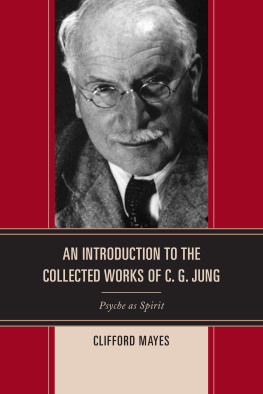

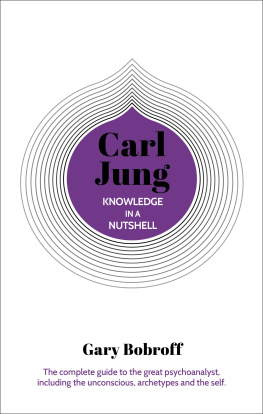
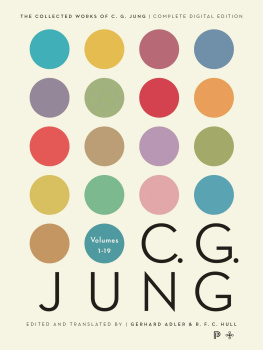
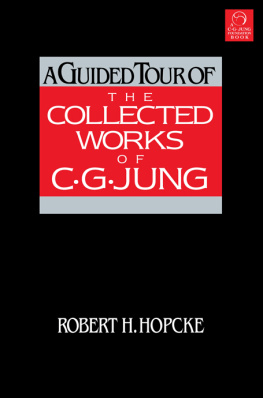
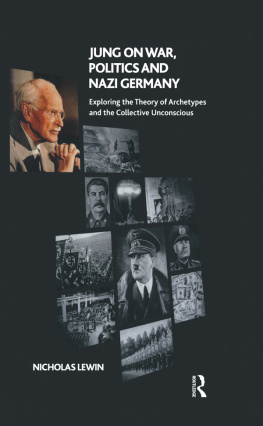
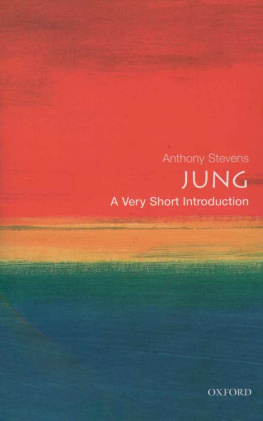
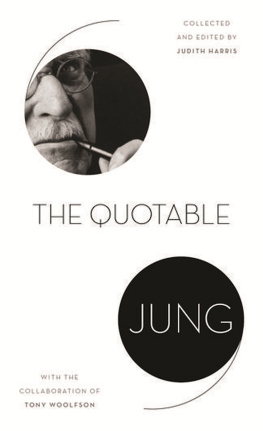
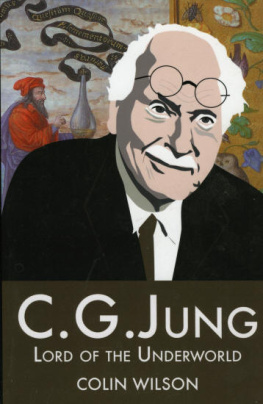
 TM The paper used in this publication meets the minimum requirements of American National Standard for Information Sciences Permanence of Paper for Printed Library Materials, ANSI/NISO Z39.48-1992.
TM The paper used in this publication meets the minimum requirements of American National Standard for Information Sciences Permanence of Paper for Printed Library Materials, ANSI/NISO Z39.48-1992.